Within this section, you’ll find information on what to expect if you’re visiting us for a clinic appointment, or coming into hospital for day surgery or a planned procedure which requires an overnight or longer stay.
You can also read about the criteria for booking non-emergency patient transport, and our current infection control guidelines and how you can help us keep you safe
Outpatient appointments
Coming to hospital for an outpatient appointment? Find out what you need to bring with you or how to change or cancel your appointment.
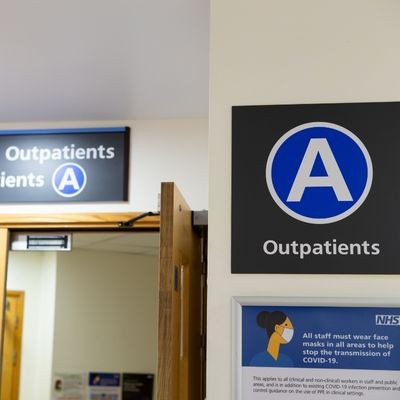
Inpatient stays
Get ready for your planned stay at one our hospitals, including what facilities we have on our wards and who will be looking after you
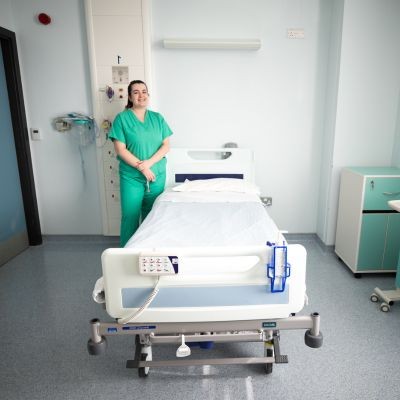
Day surgery
Advice for patients who are having treatment that does not require an overnight stay.
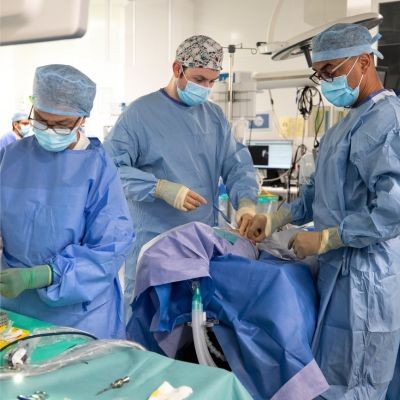
Visiting advice if you feel unwell
If you’re feeling unwell with COVID-19, flu, diarrhoea or vomiting, help us to keep the hospital safe for all patients and please do not visit until you’re free of symptoms.
If you have an urgent appointment or it’s essential to visit a friend/relative, speak to the department manager or ward sister/manager first.
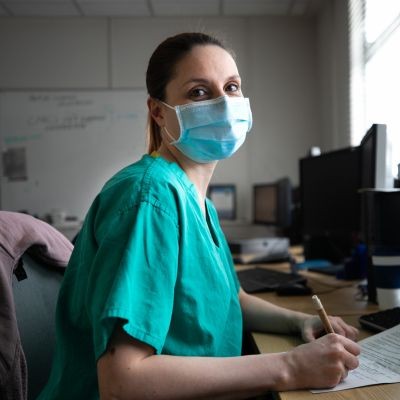
Non-emergency patient transport
Access to patient transport is based on medical need. Read about the eligibility criteria and how to make a booking.
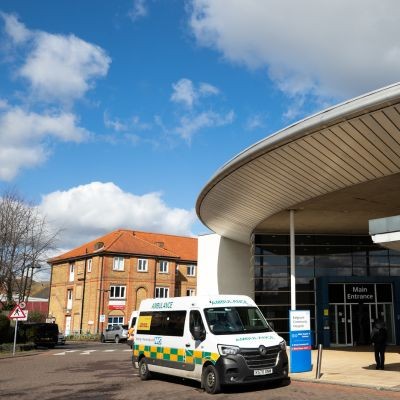
 Translate
Translate
